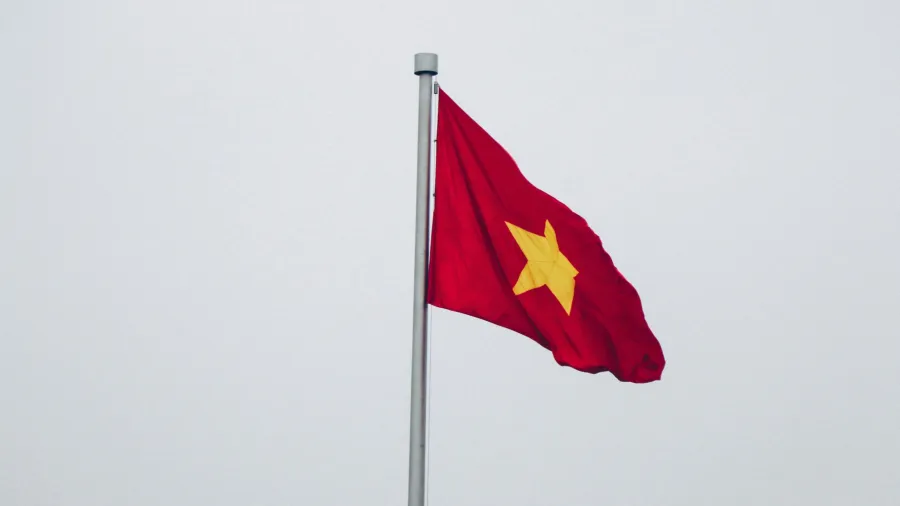
Vietnam’s weak grid a barrier to direct power purchase policy
Its poor energy infrastructure impedes the integration of new capacity from RE projects.
Vietnam’s direct energy purchase policy could be a gamechanger in the push for renewable energy (RE) production in the coming years, but the government should ensure grid connectivity to accommodate a surge in capacity, according to energy analysts.
“Having these direct power purchase agreements means that they could more easily get the renewable energy that they need,” Nadhilah Shani, a senior research analyst on power at the ASEAN Centre for Energy (ACE), told Asian Power. “If there are more renewables, it means that the transmission or the grid needs to be also strengthened.”
The government on 3 July 2024 started allowing direct electricity purchase and sale between RE generators and large electricity users. They can do so either through a private connection line or via the national grid.
Vietnam encourages the use of self-sufficient rooftop solar power to expand renewable energy without straining the electricity grid. Under its power development plan for 2021 to 2030, 50% of office and residential buildings must be covered by rooftop solar by the end of the decade
By 2030, wind, solar, hydropower and biomass will have provided 48% of the Southeast Asian nation’s installed capacity, which should rise to 63% by 2050.
ACE earlier said Vietnam’s direct energy purchase mechanism could benefit industrial consumers seeking to cut their carbon footprint. It also eases the financial risks in renewable energy investments, attracting foreign capital into its RE and industrial sectors.
Shani said direct energy purchases could boost Vietnam’s renewable energy output, which accounts for 27% of the country’s installed capacity now. Letting large consumers directly negotiate with RE producers would make procurement easier, she pointed out.
She said a number of companies worldwide, particularly manufacturers, need to decarbonise their supply chains to keep their pledges to Science Based Targets Initiative or RE100 — corporate drives to reduce emissions in line with the Paris Agreement goals.
“They need renewables and this [direct energy purchase] policy is one of the ways of how they procure renewables,” she added.
Liberalising the market fosters competition, leading to more efficient investment in electricity generation and capacity. This could also lower electricity costs over time, Shani said.
Grant Hauber, strategic energy finance adviser for Asia at the Institute for Energy Economics and Financial Analysis, said the policy taps into the latent demand of multinational companies in an industry with a renewable energy mandate.
Whilst some might argue that transmission is a natural monopoly whose infrastructure should not be duplicated, Vietnam has found a rational way to expand and enhance its grid, he pointed out.
“This is sort of like a stopgap measure,” Hauber said “There's a potential that they'll be able to add a lot of incremental capacity fairly quickly over the next, say, two to four years that will satisfy, that will keep economic growth up, that will keep industrial production up.”
He said companies that missed the feed-in tariff deadline — 2020 for solar and 2021 for wind — could still contribute significantly. They already have the sites and could rapidly expand without state funding.
The feed-in tariff is designed to accelerate investment in RE technologies by offering long-term contracts to renewable energy producers, promising them a guaranteed above-market price.
‘Range of possibilities’
Hauber said companies should choose their project locations carefully because private grids might not be possible in areas like Ho Chi Minh City due to land constraints.
Hauber said private companies and Vietnam Electricity, the national and sole public power company in Vietnam, could jointly invest in grid infrastructure to support RE development.
The same was done during the 2020 to 2021 boom, when developers were allowed to build interconnection lines from their projects to the nearest substation as part of the project cost, he pointed out.
The decree on direct energy purchase allows private transmission lines to connect to the national grid provided they meet Vietnam Electricity’s standards, Hauber said.
“It depends on how much demand is growing and how far behind they are,” he said. “That remains to be seen, but at least the decree sets out a very rich range of possibilities that are interesting to all the parties involved.”
Southeast Asian countries such as the Philippines and Singapore liberalised their energy markets way before Vietnam did. Manila started electricity market reforms in 2001, whilst the city-state fully liberalised its sector in 2018.
Whilst liberalising electricity markets could promote competition, efficient investment, and lower costs over time, it requires long-term commitment and a strong policy framework, Shani said.
Hauber said other Southeast Asian countries should consider implementing similar policies that could benefit them, especially if they have decarbonization goals.
“If you want to avoid duplicating grid infrastructure, a similar policy should include the ability to just charge a fixed tariff on wheeling of power from seller to buyer,” he said, referring to the practice of allowing privately generated power to be transmitted across the national grid to customers who want it.

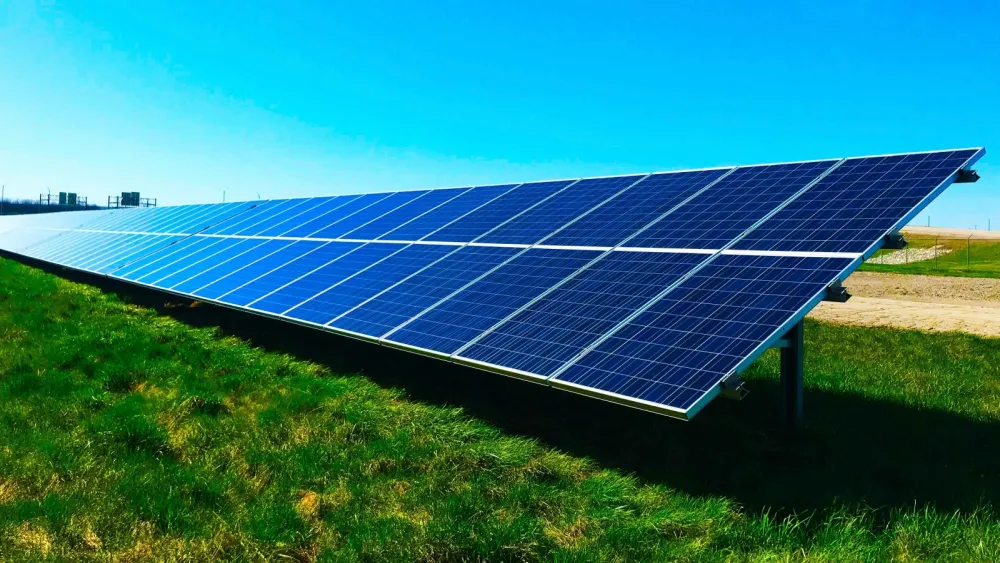
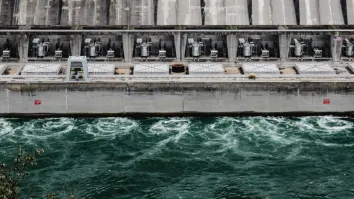
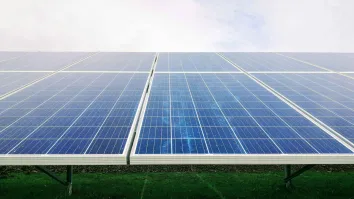
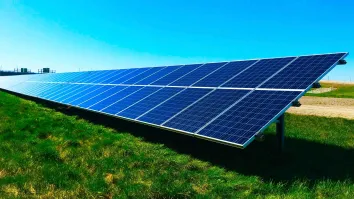
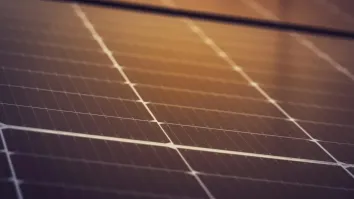













 Advertise
Advertise






